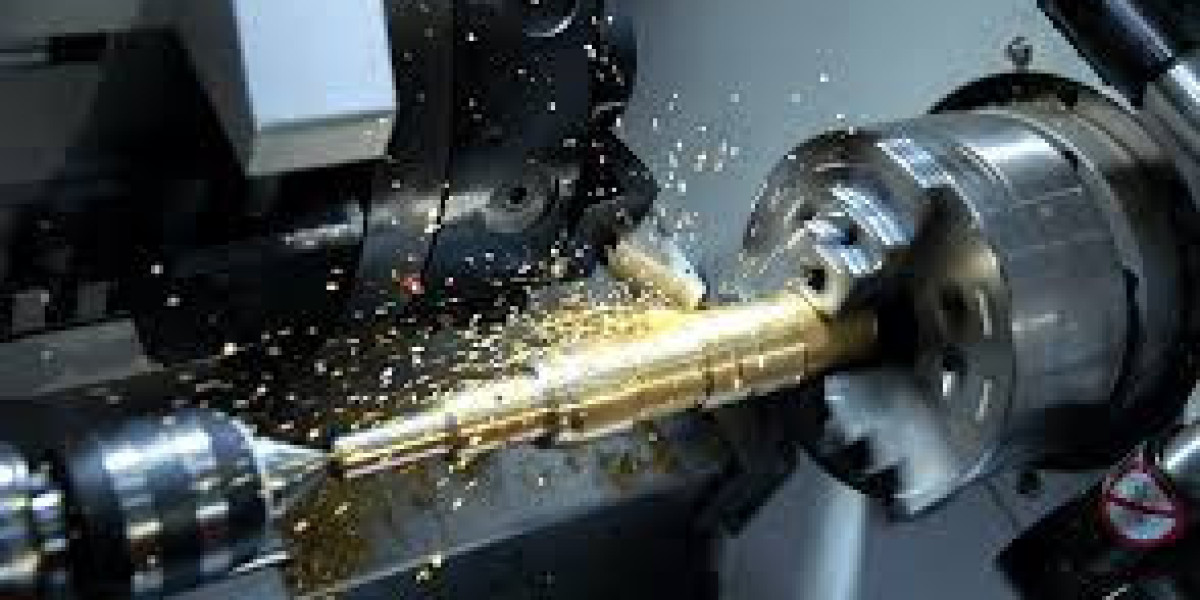HP Multi Jet Fusion (HP MJF) is a groundbreaking 3D printing technology designed to deliver exceptional speed, precision, and consistency in additive manufacturing. Unlike traditional 3D printing methods such as Fused Deposition Modeling (FDM) or Stereolithography (SLA), HP MJF employs a powder-based process where fusing and detailing agents are selectively applied before being fused by heat. This unique approach allows manufacturers to produce parts with fine detail, strong mechanical properties, and smooth surface finishes at an accelerated pace. The ability to create fully functional parts without the need for extensive post-processing makes HP MJF highly attractive for a variety of industries.
One of the key advantages of HP MJF is its scalability and efficiency. Companies can now move beyond prototyping and leverage the technology for full-scale production. The technology’s ability to handle complex geometries without compromising strength or durability makes it ideal for designing intricate components across sectors. Additionally, HP MJF reduces material waste and offers excellent cost efficiency compared to traditional manufacturing methods. This combination of quality, speed, and cost-effectiveness has positioned HP MJF as a go-to solution for businesses aiming to innovate and optimize production workflows.
HP MJF in Automotive Industry
The automotive industry has always been at the forefront of technological innovation, and HP MJF is playing a pivotal role in transforming the way vehicles are designed and manufactured. Automakers use HP MJF for rapid prototyping, which enables them to test new designs, improve performance, and reduce time-to-market. Engineers can now create lightweight yet durable components that enhance fuel efficiency without compromising structural integrity. By leveraging the flexibility of HP MJF, manufacturers can also produce parts with integrated features, reducing the need for multiple assembly steps and improving overall vehicle efficiency.
Beyond prototyping, HP MJF is increasingly being used for end-use production parts in vehicles. From custom interior components to functional engine parts, the technology enables automakers to produce parts on-demand, minimizing inventory costs and shortening supply chains. This is particularly valuable in the era of electric vehicles (EVs), where manufacturers need to continuously innovate and adapt to evolving requirements. HP MJF’s ability to deliver high-performance components quickly and affordably makes it an essential tool for automotive companies seeking to stay competitive in a fast-changing market.
Aerospace and Defense Applications of HP MJF
In the aerospace and defense sectors, where precision, safety, and weight reduction are paramount, HP MJF provides game-changing benefits. Traditional manufacturing methods often involve complex machining processes and significant lead times, but with HP MJF, engineers can produce lightweight components with optimized geometries for better fuel efficiency and performance. The technology also allows for the integration of multiple parts into a single component, which reduces assembly time and minimizes the risk of component failure.
Another key application of HP MJF in aerospace is the creation of custom tools, jigs, and fixtures that improve efficiency in the assembly process. These tools can be designed and produced quickly to adapt to specific needs, reducing downtime and costs. Additionally, HP MJF supports the production of spare parts on-demand, which is critical for maintaining aircraft in remote locations or during urgent repair situations. This capability helps aerospace companies streamline maintenance operations while ensuring compliance with strict safety standards.
Healthcare and Medical Innovations with HP MJF
The healthcare industry has embraced HP MJF for its ability to create patient-specific solutions with unmatched accuracy and speed. Medical professionals are using this technology to produce customized surgical guides, prosthetics, and implants that perfectly match individual patient anatomies. This personalization leads to improved surgical outcomes, faster recovery times, and higher patient satisfaction. HP MJF’s precision and surface finish ensure that medical devices meet the stringent regulatory standards required in healthcare.
Beyond prosthetics and implants, HP MJF plays a significant role in medical device prototyping and production. Manufacturers can iterate designs quickly, test new concepts, and bring innovative products to market faster. The ability to create functional prototypes that mimic the performance of final products helps reduce development cycles and associated costs. Additionally, HP MJF is utilized to produce components for diagnostic equipment and other medical instruments, contributing to advancements in healthcare technology and improved patient care.
Consumer Goods and Industrial Manufacturing
The consumer goods industry benefits from HP MJF’s ability to produce complex designs that enhance product aesthetics and functionality. Brands are using this technology to create custom accessories, eyewear frames, and even footwear components, allowing them to offer personalized products to their customers. HP MJF supports small-batch production runs, enabling companies to test new products without committing to expensive tooling. This flexibility is essential for businesses aiming to meet the growing demand for customization and rapid product innovation.
Industrial manufacturing is another sector where HP MJF is making a substantial impact. Companies leverage the technology to produce durable, functional parts for machinery, robotics, and production lines. The ability to design and manufacture parts with intricate internal structures allows for lighter yet stronger components that optimize performance. Furthermore, HP MJF’s rapid production capabilities enable manufacturers to reduce downtime caused by part shortages, ensuring continuous operations. This adaptability makes HP MJF a valuable solution for industrial companies looking to improve efficiency and reduce costs.
Conclusion
HP MJF is revolutionizing multiple industries by providing an innovative approach to 3D printing that combines speed, precision, and cost-effectiveness. From automotive and aerospace to healthcare and consumer goods, businesses are leveraging HP MJF to streamline production, enable customization, and enhance product quality. As technology continues to evolve, the role of HP MJF in manufacturing will only grow, empowering companies to innovate faster and more efficiently than ever before.






